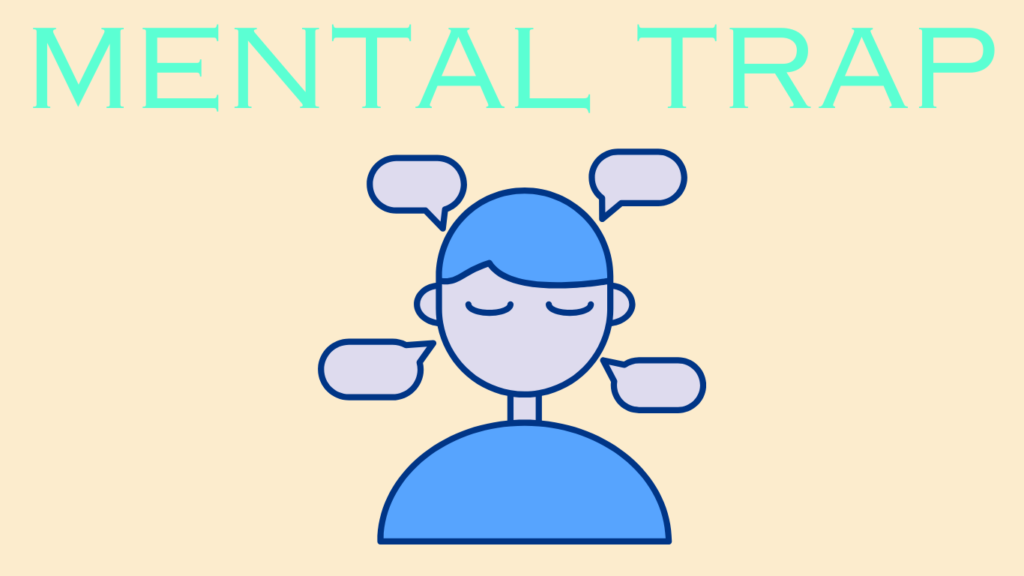How to Stop Rumination: Breaking Free from Overthinking

Rumination, or the repetitive and excessive focus on distressing thoughts, can feel like a mental trap. While reflecting on experiences is natural, rumination keeps you stuck in a cycle that often intensifies negative emotions, increases stress, and hinders problem-solving. It is often a symptom or contributing factor of various anxiety disorders, including generalized anxiety disorder (GAD) and social anxiety disorder. The good news? You can break free from this pattern. Here are practical strategies to help you stop ruminating and regain control of your thoughts.
Table of Contents
Understanding Rumination and Its Impact on Mental Health
Recognize the Repetitive Negative Thinking Cycle
The first step is awareness. Intrusive thoughts, which are often distressing and unplanned, can lead to rumination. Notice when your thoughts start to spiral into repetitive loops. Common signs include dwelling on the past, fixating on “what ifs,” or replaying events without resolution. Awareness allows you to consciously interrupt the cycle.
Challenge Negative Thoughts
Often, rumination stems from distorted thinking patterns like catastrophizing or perfectionism, often involving fixating on the negative aspects of situations. Challenge these thoughts by asking yourself:
- Is this thought factual or based on assumptions?
- What evidence supports or contradicts it?
- How would I view this situation if a friend experienced it?
This reframing can provide a more balanced perspective.
The Role of Cognitive Behavioral Therapy (CBT)
Cognitive Behavioral Therapy (CBT) is a highly effective approach in treating rumination and related mental health conditions. CBT is a goal-oriented, evidence-based psychotherapeutic approach that focuses on understanding and modifying the relationship between thoughts, feelings, and behaviors.
CBT can help individuals identify and challenge negative thought patterns, develop coping skills, and improve problem-solving abilities. By addressing rumination, CBT can help individuals break free from the cycle of negative thinking and improve their mental well-being.
CBT is particularly effective for stopping rumination because it empowers individuals to take control of their thoughts and behaviors. It provides a targeted approach to addressing negative thinking patterns and offers evidence-based techniques for managing rumination. Additionally, CBT can be customized to meet the individual’s specific needs and circumstances.

